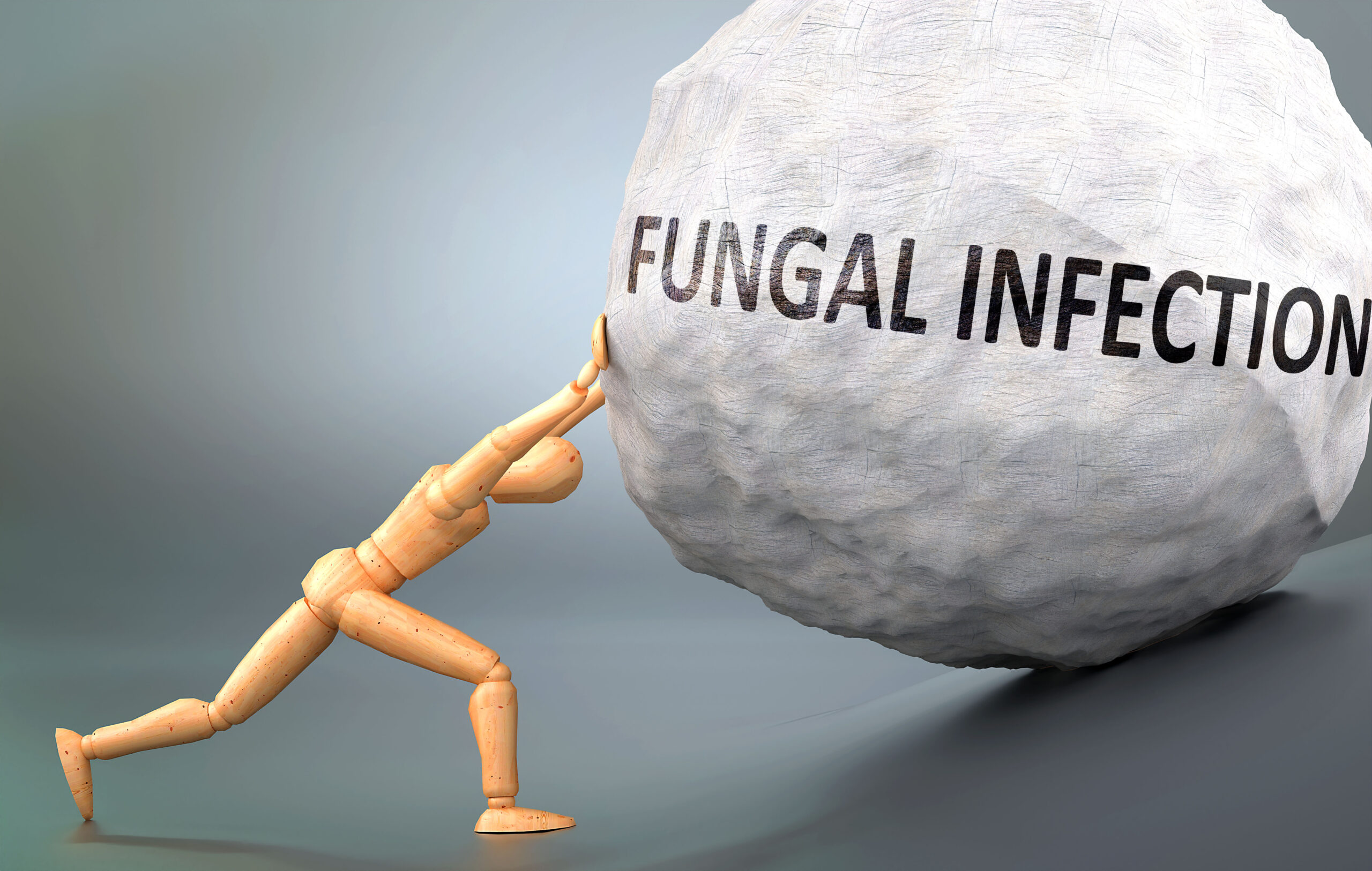Our body hosts a diverse fungal population called the mycobiome. Some fungi maintain symbiotic relationships with us while others are generally harmless. However, some pose a danger to immunocompromised individuals, which raises serious public health threats.
Fungal infections have resulted in 1.5 million deaths globally per year. The number of invasive infections and deaths continue to rise even with advancing medical technologies and stronger public health infrastructures. The historical reliance on antifungal drugs has brought many drug-resistant fungi into life. Thus, tackling emerging fungal pathogens has become a research priority to slow the infection of severe illness across patient populations. Unfortunately, there remains no clinically approved vaccines or medications to diminish the lethality and transmission of fungal functions.
Many Patient Populations At Risk For Invasive Fungal Infections
Image Source: STR
Recently, a new vaccine developed at the University of Georgia could gain clinical approval to protect us against invasive fungal infections. This new pan-fungal vaccine (NXT-2) can target three fungal pathogens infamous for their fatal infections– Aspergillus, Candida, and Penumocystis. The vaccine’s efficacy was determined across four preclinical animal models, including non-human primates.
Black Grain Mycetoma Caused by the Madurella mycetomatis fungus
Image Source: Smith Collection/Gado
First, the researchers selected a myriad of immune-compromised models that reflected the conditions of HIV and cancer patients. The results showed that the vaccine induces a cross-reactive antibody response, which produces antibodies to protect the model organism. Antibodies are simply proteins in our body that recognize and destroy unwanted antigens in our body by shutting them down with the immune system. NXT-2 also lowered mortality and morbidity in immunosuppressed animals exposed to the pathogenic fungi. In addition, data across multiple animal models support the claim that NXT-2’s high immunogenic capabilities may reduce antifungal immunity for at-risk individuals.
This vaccine’s potential may profoundly alleviate patients with HIV or impaired immune systems from chemotherapies. The at-risk population for invasive fungal infections has expanded over the years to include people with diabetes, co-infections like COVID-19, tuberculosis, and the flu. Furthermore, we often treat fungal infections with azoles, which further promotes growing antifungal resistance. As such, this recombinant peptide vaccine can revolutionize treatments, therapies, and future directions of research to lower the spread of fungal infections. Phase 1 safety trials for human use as immunizations will soon become available. Defending ourselves against new and unknown infectious pathogens is of paramount importance to reduce critical illnesses worldwide and to ease public health burdens.
Featured Image Source: GoodIdeas










